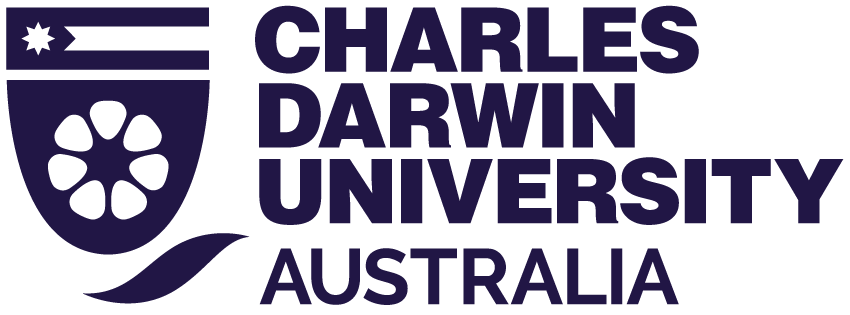The basic functions of accounting
There are two main ‘functions’ of accounting that you need to know and understand:
- The Accounting Function
- The Oversight (or Stewardship) Function
The Accounting Function
The Accounting Function basically covers everything to do with representing business activities in monetary ($) terms, and providing that information to the people who need it.
This is done through a process of:
- Recognition
- Measurement
- Recording
- Reporting
The Oversight (or Stewardship) Function
The Stewardship Function is about supervising.
This Function is about using accounting information to strictly inspect and supervise the activities of the business with certain goals in mind. This is to make sure the business is achieving specific targets.
The Accounting Function and the Oversight Function are “mutually interdependent”, meaning they are basically inseparable.
Reliable accounting requires oversight, or supervision, and strict supervision ensures reliability!
New accounting functions
Due to rapid changes in technology, economic development, and the introduction of scientific management methods into the accounting arena, these functions and the role of an accountant have changed dramatically.
Additionally, new functions of accounting have resulted, including:
- the decision-making function, which involves the use of predictive data to inform decision making
- the control function, which involves using activity-based costing and other tools of responsibility accounting to control each step of a company’s economic activities, and
- the evaluation function, which refers to using accounting data to assess and analyse the outcome of an economic activity.

